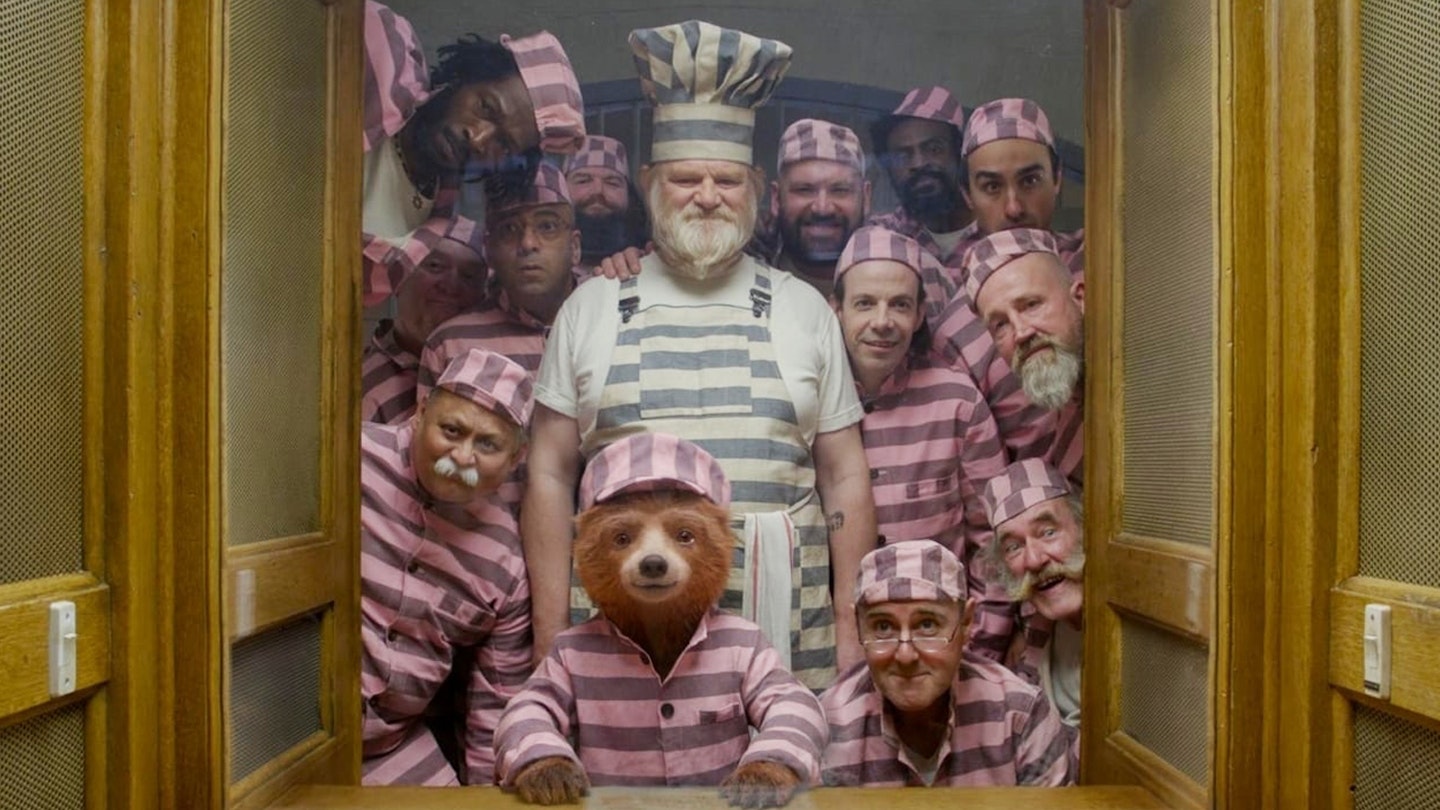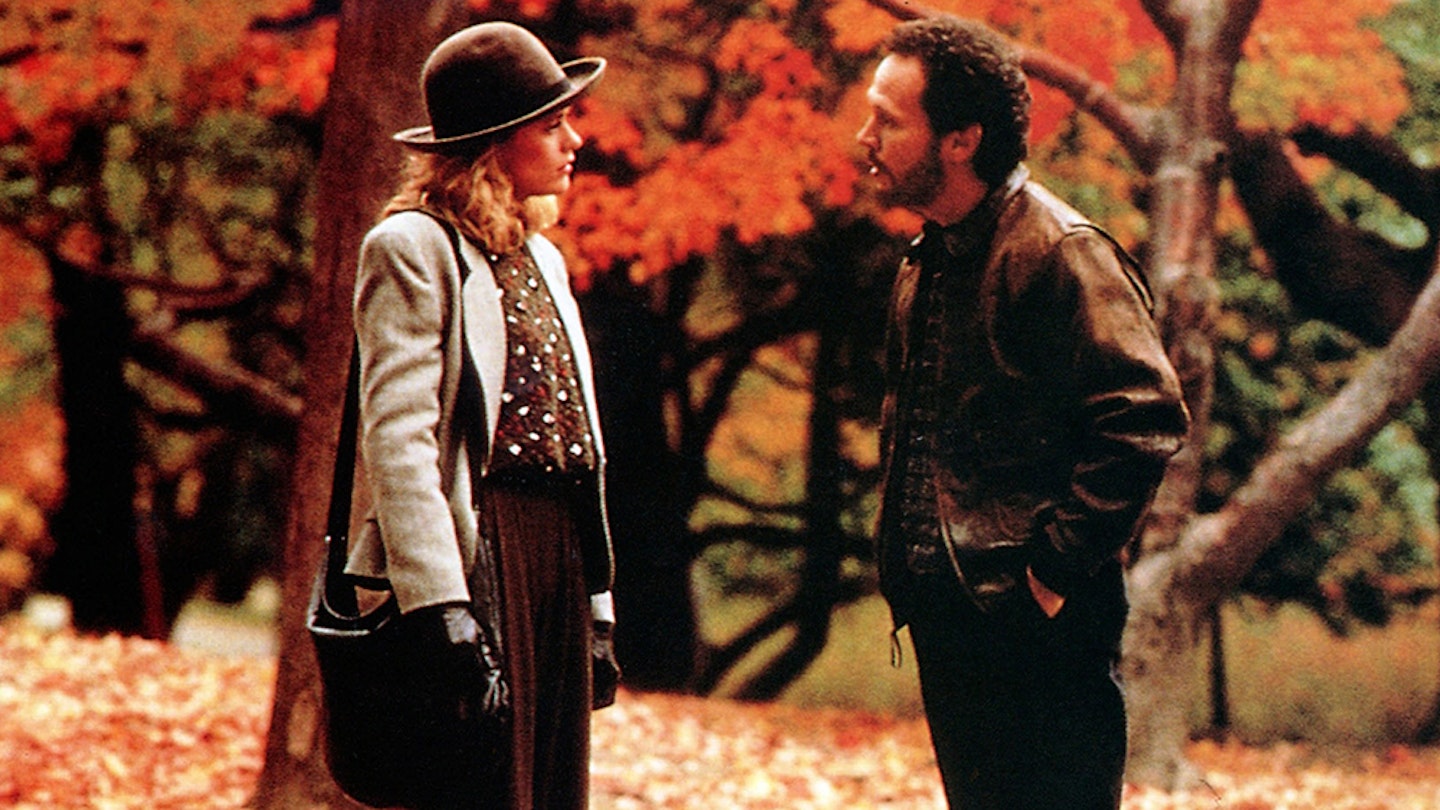Paris: city of light, city for lovers swept up by the air of romance. It’s the perfect setting for Jean-Pierre Jeunet’s wonderful Amélie, a film with a golden, glowing heart. This massive hit at the French box office is the very dictionary definition of ‘feel-good’ — its irresistible charms will dispel the heaviest clouds hanging over the head of the gloomiest misanthrope.
Freed from the darker imagination of Marc Caro (with whom he collaborated on Delicatessen and The City Of Lost Children) and the restraints Hollywood thrust upon him during Alien Resurrection, Jeunet has created one of the most joyous films of recent years. With its gallery of affectionately drawn grotesques and eccentrics, Amélie is filled with sunshine.
As in Delicatessan, Jeunet’s characters are essentially lonely individuals drawn together by geography; here, however, he brightens their lives with the positive force that is Amélie, adorably played by Audrey Tautou. Jeunet encourages us to share sympathy with these people, as his balanced approach finds humour in their disappointments and a note of sadness in their funny little quirks.
In France, Amélie was attacked for depicting a Montmartre without ethnic diversity. But to criticise this film on racial grounds is like complaining that Beethoven’s 5th Symphony is a bit too loud — it’s just carping for the sake of it. Anyway, the whole film is filtered through the imagination of its central character, a woman who withdrew into her private little world as a child cut off from her peers. This allows Jeunet to pass off some gently bizarre observations as Amélie’s own and to bathe the film in the ‘magic realism’ that had become tarnished by inferior films.




